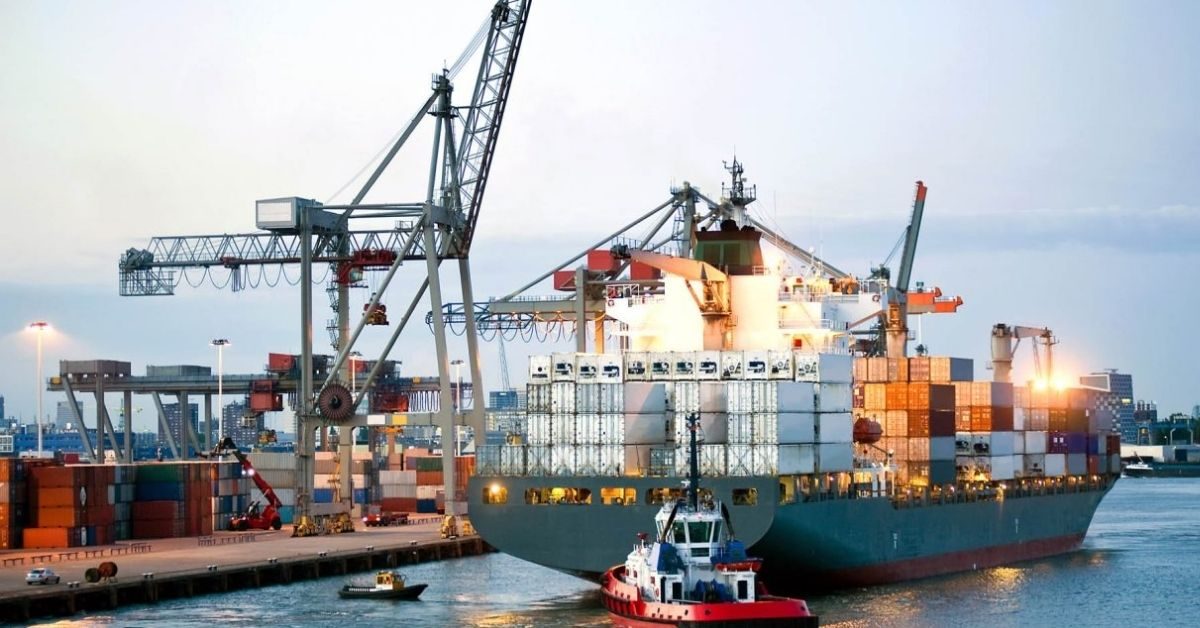Bangladesh should exercise its exclusive rights to exploit and explore marine resources across the Bay of Bengal.
The government is now emphasizing the development of the blue economy to reap economic benefits from maritime space as well as the Bay. However, Bangladesh is yet to grab the full potentials of the blue economy ranging from the sustainable development of marine fisheries to sea and coastal tourism.
On the other hand, enhancing blue economic growth and protecting marine and coastal environments are essential also to ensure maritime security. For this reason, ocean governance has now become a key area of global diplomacy.
Against this backdrop, experts on oceanography and environment, marine conservationists and researchers on blue economy suggested establishing a separate ministry on Maritime Affairs with essential functions to formulate an integrated coastal and marine strategy, to address the policy guidelines, and to implement action plans for coastal management in Bangladesh.
“Bangladesh needs the sustainable use of marine resources. However, we still don’t know what kind of marine resources we have. Against this backdrop, we demand for setting up a separate dedicated ministry for the maritime sector,” said Muhammad Anowarul Hoque, secretary general at Save Our Sea (SOS), a Bangladeshi platform involved in research and conservation of ocean.
Talking to Bangladesh Post on Thursday (June 8), Muhammad Anowarul Hoque of SOS said that Bangladesh is a country with great potential in the field of blue economy. The maritime economic activities, including shipping, trade, fishing, fishing industries, mineral extraction, exploitation of hydrocarbons, salt production, production of renewable energy, and marine and coastal tourism, are key elements of the maritime interests. Therefore, a comprehensive ocean governance approach is needed to manage the elements, he added.
Arguing for a separate ministry for marine affairs, he said, “The Bay of Bengal occupies an area that is more than the land area of Bangladesh. There is a separate ministry called the Ministry of Land for the management of the country’s land. Why not have a separate ministry called the Ministry of Maritime Affairs for marine management as well as best management of ocean governance?”
World Oceans Day-2023 was observed in the country on Thursday like elsewhere across the globe with the theme “Planet Ocean: The Tides are Changing.”
The day is celebrated every year on June 8 to create awareness among people regarding the significance of oceans, and the importance of preserving and conserving oceanic resources.
On the occasion of the day this year, some organisations proposed the formation of the Ministry of Maritime Affairs in Bangladesh for the development of the maritime sector and flourishing the blue economy.
The Movement for World Education Rights has demanded the formation of the Ministry of Marine Affairs by coordinating the ministries of shipping, water resources and fisheries in order to extract, conserve and keep the sea free from pollution.
Faruque Ahmad Arif, convener of the organisation, said that after the conquest of the marine boundaries from Myanmar and India, a huge opportunity has been created to extract natural resources from the Bay. For this reason, it is necessary to form a separate ministry on marine affairs.
Nature Loving People (NLP), a Dhaka-based environmental organisation in Bangladesh; also raised the same demand.
In a statement on behalf of the organisation, NLP’s general secretary Selim Ahmad said that the sea is closely related to human life. But people don’t know much about the sea. All the seas, including the Bay of Bengal, are the lungs of the earth, essential for the survival of animal life. A separate ministry for marine affairs needs to be created to fully exploit the potential of the blue economy.
Talking to Bangladesh Post, Dr Mohammad Muslem Uddin Munna, chairman of Oceanology Department of Chittagong University, emphasised on the importance of awareness regarding marine affairs and the World Oceans Day will play a vital role in this regard.
Supporting the demand of different platforms over formation of a separate ministry, he said that the demand is timely. It should be done quickly so that the marine borders and resources are protected and utilized properly.
Bangladesh is a riverine country. If the river survives, Bangladesh will survive. If the river dies, Bangladesh will die. The sea has a deep connection with the river. If the sea is kept beautiful and pollution free, the rivers of the country will survive.
On the other hand, Bangladesh is a coastal country. It has a huge sea border. There is a huge potential for the blue economy centering the Bay. However, the blue economy will be the main force of the economy of Bangladesh in the coming days.
Against this backdrop, experts believe that there is a need to form a separate ministry for the maritime in order to harness the potentials, create skilled manpower to harness the vast resources in the sea, take effective measures to prevent marine pollution and manage the overall maritime affairs properly.
Huge offshore oil and gas reserves are yet beyond the reach and the potential blue economy may change the whole ecosystem of Bangladesh’s economy. Professor Dr Md Kawser Ahmed, an expert on oceanography said that a number of ministries and government agencies are currently related to the blue economy, but they are working in scattered ways. A coordinated initiative is needed to tap the full potentials of the blue economy, he suggested.






